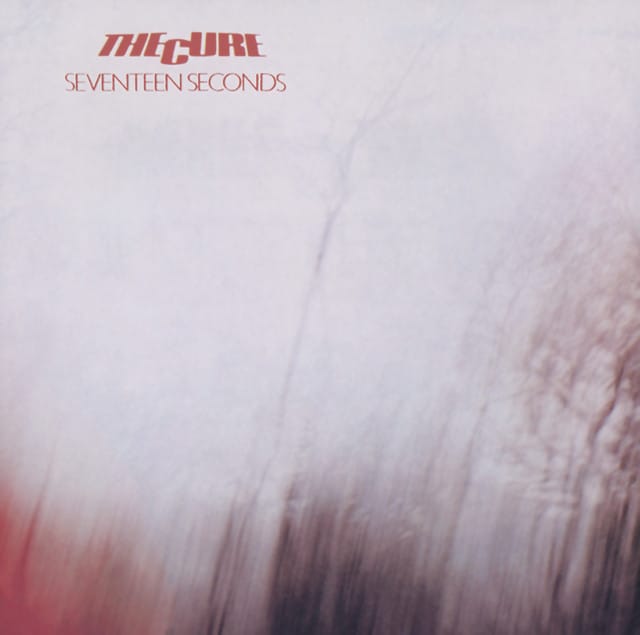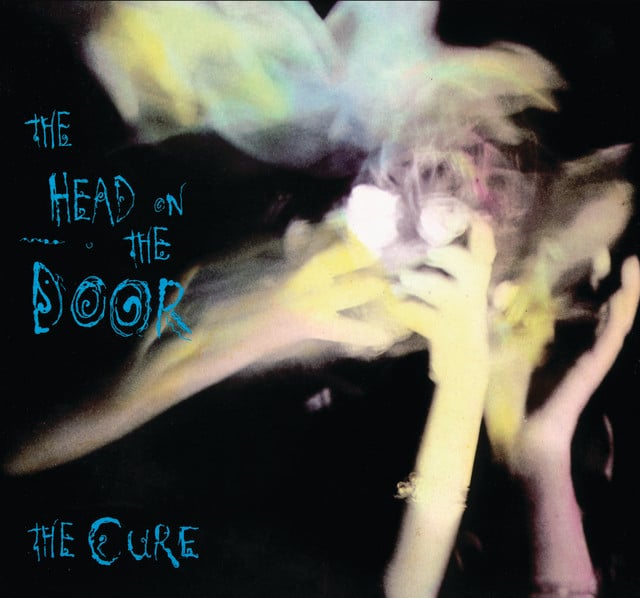The Cure, a band known for their eclectic sound and moody aesthetics, has been a staple in the music scene since the late 1970s. Formed in Crawley, England, the group initially consisted of Robert Smith, Michael Dempsey, and Lol Tolhurst. They quickly gained attention with their debut album, “Three Imaginary Boys,” which featured a blend of post-punk and new wave sounds. Their unique style not only caught the ears of fans but also prompted numerous young musicians to rummage through their wardrobes in search of black clothes and heavy eyeliner.
One of the most amusing anecdotes from The Cure’s early days involves a rather chaotic studio session during the recording of their second album, “Seventeen Seconds.” Legend has it that during a particularly intense recording moment, Robert Smith was so absorbed in his music that he accidentally knocked over a stack of expensive studio equipment. The resulting crash echoed through the halls, leading to an impromptu jam session among the staff while Smith sheepishly picked up the pieces. The incident was later immortalised as “The Day Music Almost Died,” though thankfully it didn’t put an end to their creative pursuits.
The band’s signature sound is often characterised by Smith’s distinctive voice and the use of layered guitars, which creates a haunting atmosphere. However, it was their willingness to experiment with different genres that kept listeners guessing. From the upbeat pop melodies of “Just Like Heaven” to the introspective soundscape of “A Night Like This,” The Cure has consistently defied categorisation. This genre-hopping approach has led to some interesting live performances, where one might find themselves swaying to a melancholic ballad one moment and dancing to a catchy tune the next.
A notable moment in their history occurred during the filming of the music video for “Lullaby.” The video features Smith in a giant spider’s web, which at one point became a bit too realistic. The crew had to rush in when the set designer, inspired by the idea of capturing the essence of nightmares, accidentally made the web too sticky. Smith later joked that it was the only time he felt truly trapped by his own artistic vision, as he struggled to escape without ruining the take.
Despite their often gloomy themes, The Cure has maintained a sense of humour about their image. Robert Smith once quipped in an interview that he found it “quite amusing” that people would dress up as him for Halloween, only to complain about how uncomfortable it was to wear all that black clothing. This self-awareness has permeated their music, allowing them to address dark themes while still inviting listeners to join in on the fun.
As they continued to evolve through the decades, The Cure has amassed a diverse fanbase that ranges from goth teens to indie rock enthusiasts. Their influence can be seen across various genres, with countless artists citing them as an inspiration. Yet, despite their lofty status in music history, they remain delightfully down-to-earth. Smith’s infamous refusal to take himself too seriously serves as a reminder that even the most iconic bands can still find joy and laughter in their journey.


















